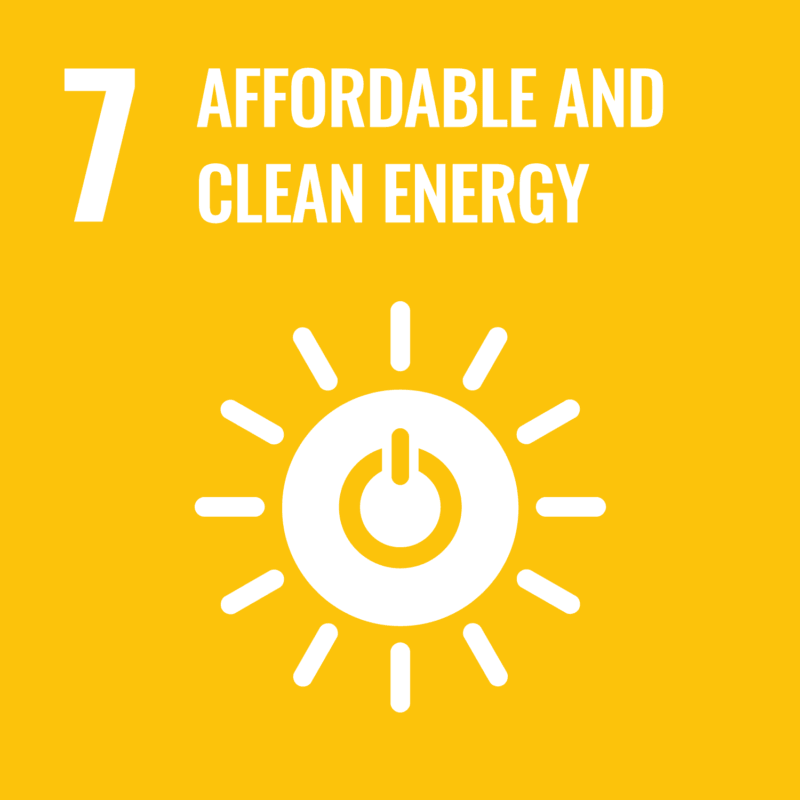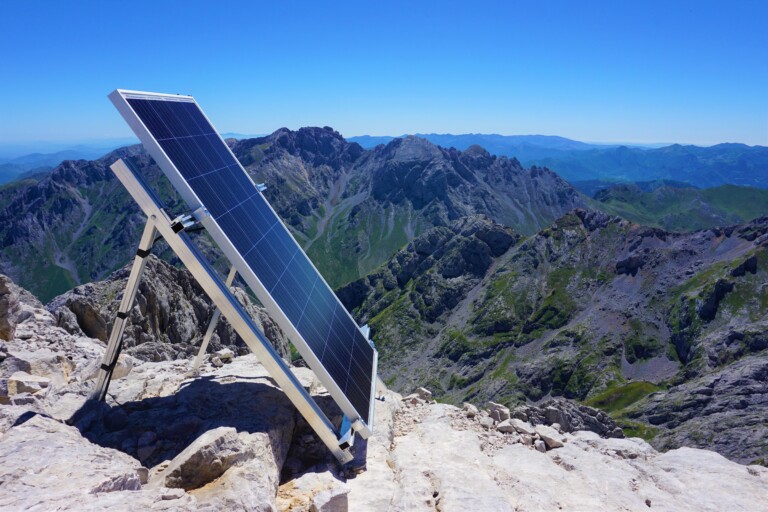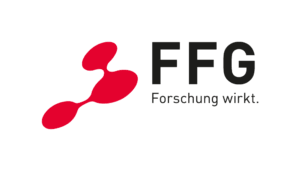Under the lead of OFI, the project PV-DETECT is researching the development of an advanced testing methodology for accelerated and optimized product development of PV modules suitable for use in challenging environments. Considerations include, for example, higher temperatures as well as temperature cycles, intense solar radiation, heavy snowfall or special wind loads.
Especially in smaller countries with many mountains, such as Austria or Switzerland, the availability of open space for ground-based PV systems is limited. Integrated solutions in buildings, infrastructure, multi-purpose applications as well as installations in alpine regions have to be implemented. PV systems operating in such “unconventional” environments have to withstand different, higher loads than those designed for large-scale field installations in temperate climates. Depending on the specific application and environmental conditions, additional stresses beyond the limits of standard IEC tests can accelerate PV module degradation. PV manufacturers must consider this important factor when developing new products.
To accelerate the deployment of PV systems in demanding environments, it is necessary to select load-optimized materials, components, and modular architecture that can withstand the increased loads and prevent premature module failures and unexpected performance degradation. Advanced tools that detect potential failure/deterioration modes as early as possible support efficient and fast product development.
PV-DETECT aims to develop a method for early detection of failures through advanced reliability testing combined with sensitive degradation detection. This advanced methodology will provide PV module manufacturers with a tool to accelerate the development of PV modules designed for specific environmental conditions or applications by a factor > 3. The comparative assessment will allow to identify the deficiencies of certain modular architectures and BOM approaches at a very early stage of the development phase. Based on these results, the possibilities of using new designs and materials can be summarized to increase the resilience of the system to extreme loading conditions. The implementation of the advanced process should finally save time and money in product development and accelerate market launches.
Funding: FFG / SOLAR-ERA.NET Joint Call 2021
Projekt consortium:
- Lead Austria: OFI Österreichisches Forschungsinstitut für Chemie und Technik
- Lead Switzerland: SUPSI PVLab
- KIOTO Solar


